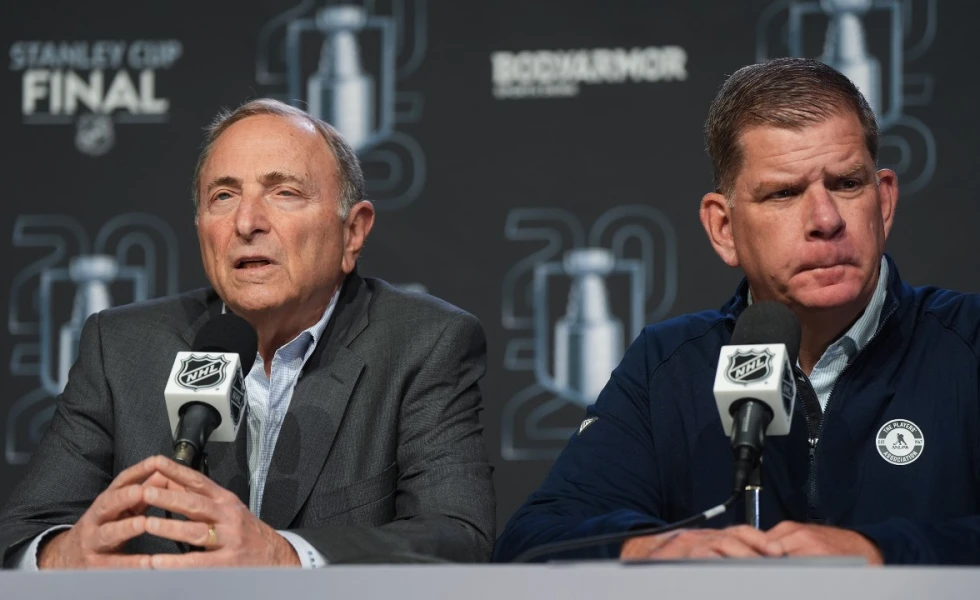The National Hockey League and the NHL Players` Association have officially ratified a four-year extension to their Collective Bargaining Agreement (CBA), securing labor peace through the conclusion of the 2029-30 season. This significant step, announced today, follows the Memorandum of Understanding reached between the two parties on June 27th.
For a league with a history marked by significant work stoppages – remember the lost 2004-05 season? – reaching an agreement without the specter of disruption is, dare we say, refreshing. This ratification ensures stability for the league, its 32 teams, the players, and crucially, the fans, for the remainder of the decade.
While the full details are yet to be publicly released, the core terms of the extension, which takes effect starting with the 2026-27 season, are understood to include some notable changes. Widely reported provisions point towards a potential increase in the regular season schedule from the current 82 games to 84. More hockey? The players` bodies will undoubtedly offer technical feedback on that over time.
Other expected adjustments involve a reduction in the maximum contract length available to players – scaling back those decade-plus commitments – and the implementation of a playoff salary cap. Yes, because regulating spending during the actual competition is apparently necessary in the complex world of professional sports finance. These changes, if confirmed, indicate a continued effort to fine-tune the league`s economic model and competitive balance.
Both sides presented a unified and positive front regarding the negotiation process. NHL Commissioner Gary Bettman highlighted the strength of the partnership, stating it`s “stronger than it ever has been” and presents a “fantastic opportunity to continue to grow the game.” He emphasized the collective goal of delivering a “great fan experience.”
NHLPA Executive Director Marty Walsh echoed this sentiment, expressing pleasure with the four-year term, which allows for greater player input over time compared to a longer deal. Walsh stressed that the agreement shows what can be accomplished “when the NHL and the union work together,” calling it a “win for everyone” and acknowledging the indispensable “involvement and support of our players.”
With the CBA ratified, the focus can firmly return to the ice. This extension provides a clear runway for the NHL`s future, minimizing uncertainty and allowing stakeholders to concentrate on the sport itself rather than boardroom negotiations. It`s a sober, technical achievement that promises operational consistency for the coming years.

